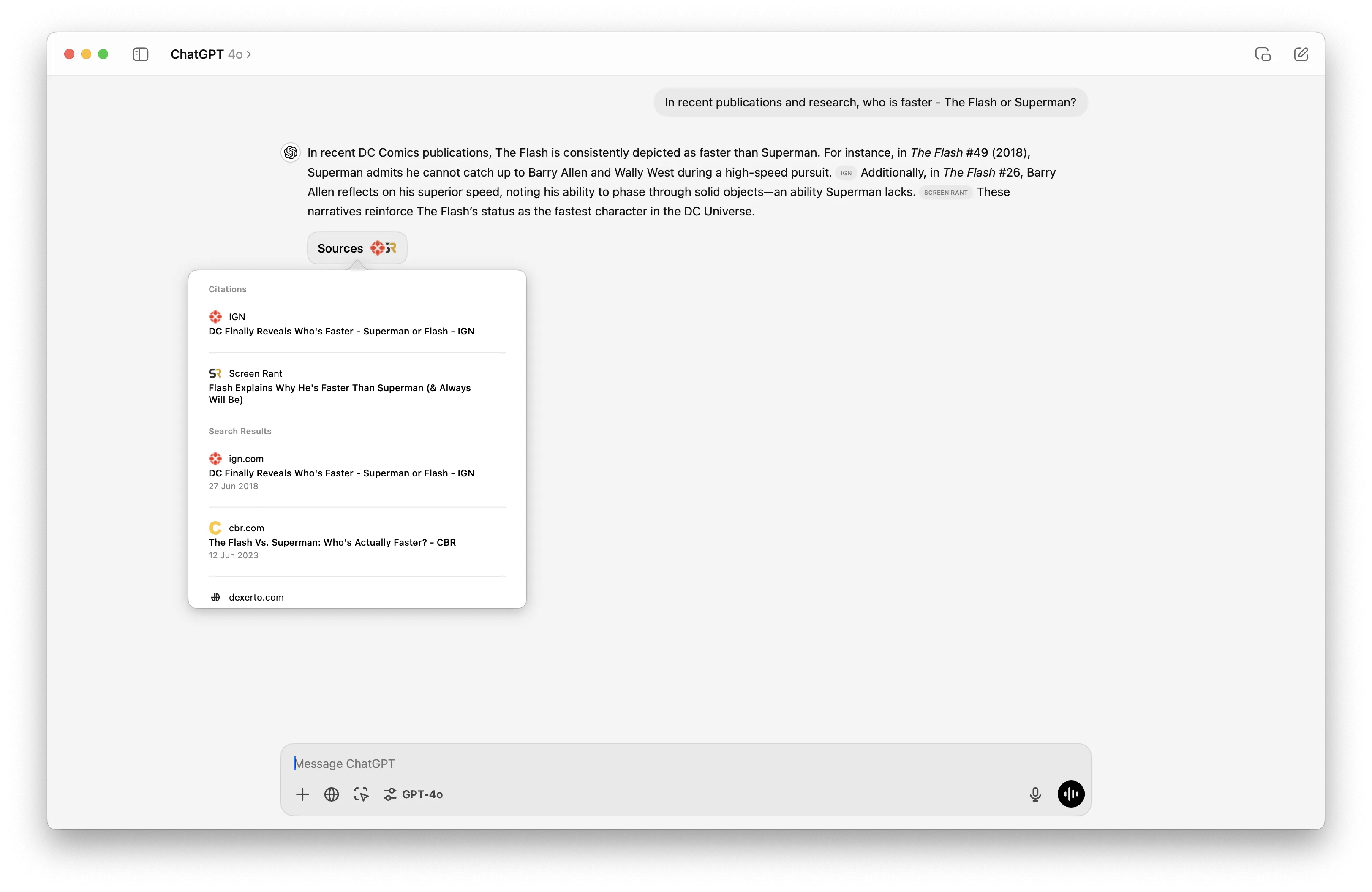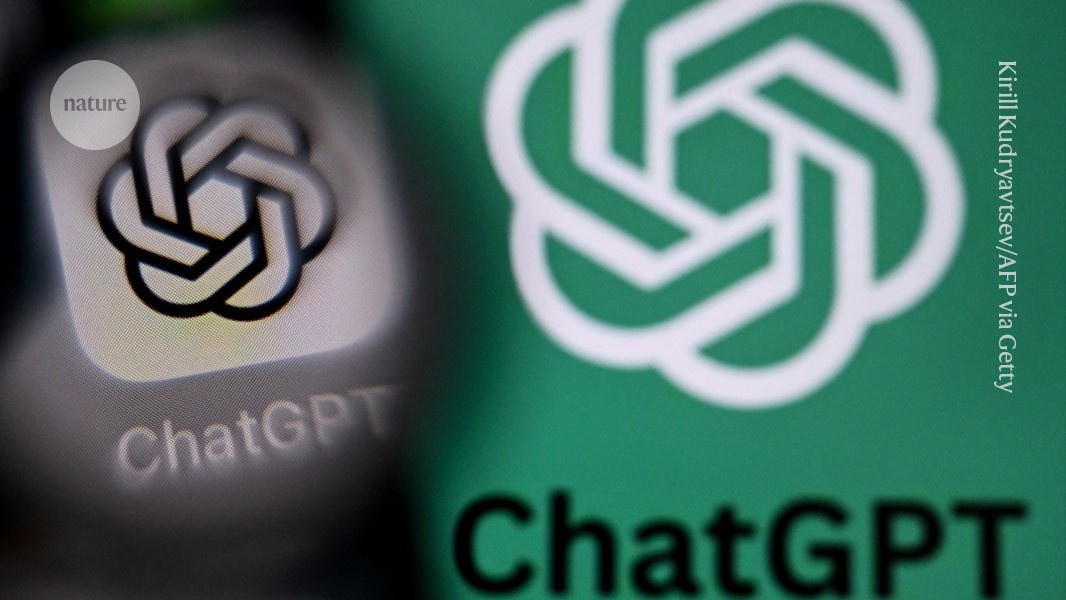#hallucinations
#hallucinations
[ follow ]
#large-language-models #ai #mental-health #ai-reliability #machine-learning #ai-agents #productivity #ai-trust
fromBusiness Insider
1 week agoCompanies are deploying AI agents fast. They still need to make them scale.
Errors can quickly become a bottleneck if hallucinations multiply when agents interact, said Nicolas Darveau-Garneau, a former Google executive and author of the book " Be a Sequoia, Not a Bonsai." If a single agent has a 5% hallucination rate, then it's hard to daisy-chain multiple agents without a high risk of errors. That's because the risk increases exponentially, he told Business Insider.
Artificial intelligence
Artificial intelligence
fromwww.theguardian.com
2 weeks agoDeepfakes spreading and more AI companions': seven takeaways from the latest artificial intelligence safety report
Latest AI models significantly improved reasoning and performance in math, coding and science, yet remain error-prone, hallucinate, and cannot reliably automate long, complex tasks.
Artificial intelligence
fromBusiness Insider
1 month agoI zinged Google AI with my expose on glue pizza last year. It got the last laugh this year.
Google's AI Overviews improved markedly by late 2025, turning from error-prone and absurd to widely used despite early, bizarre mistakes like recommending glue on pizza.
fromArs Technica
2 months agoCritics scoff after Microsoft warns AI feature can infect machines and pilfer data
Microsoft's warning on Tuesday that an experimental AI Agent integrated into Windows can infect devices and pilfer sensitive user data has set off a familiar response from security-minded critics: Why is Big Tech so intent on pushing new features before their dangerous behaviors can be fully understood and contained? As reported Tuesday, Microsoft introduced Copilot Actions, a new set of "experimental agentic features"
Information security
Artificial intelligence
fromComputerworld
3 months agoAI companies keep forgetting to put the 'smart' into smart apps
AI models often fail to provide genuinely intelligent assistance because of outdated or unreliable training data, hallucinations, misunderstanding user intent, and poor prompt detection.
fromPublishersWeekly.com
3 months agoNew Report Examines Writers' Attitudes toward AI
The study, "A.I. and The Writing Profession," collected response from 1,481 working writers comprised of 1,190 writing professionals and 291 fiction authors. The analysis was supplied by author and former Forrester Research executive Josh Bernoff. The majority of all writers think that AI poses both a threat and an opportunity. 61% reported using AI tools, which they say increase their productivity by an average of 31%, but only 7% of respondents have published AI-generated text.
Artificial intelligence
Medicine
fromwww.theguardian.com
4 months agoMy dad cursed our family and left us. But after his death, he followed me everywhere | Jonas Hassen Khemiri
Lewy body dementia produced hallucinations and rapid cognitive decline, transforming a father's life and shattering family hopes for reconciliation and closure.
fromFuturism
4 months agoThe Economics of Running an AI Company Are Disastrous
AI companies are spending untold billions of dollars building out data centers to support behemoth AI models - and a return on their investments is still nowhere in sight. Valuations have soared well past the trillion-dollar mark, with AI chipmaker Nvidia becoming the world's most valuable company with a market cap that recently topped $4.5 trillion. But that's all, despite AI company revenues barely making a dent on balance sheets.
Artificial intelligence
Artificial intelligence
fromComputerworld
5 months agoOpenAI admits AI hallucinations are mathematically inevitable, not just engineering flaws
Large language models will inevitably produce plausible but false outputs due to fundamental statistical and computational limits, even with perfect training data.
fromFuturism
5 months agoAmateurs Using AI to "Vibe Code" Are Now Begging Real Programmers to Fix Their Botched Software
But rarely does the process go smoothly enough for prime time. The jury's still out on whether experienced programmers actually benefit from using AI coding assistants, and the tech's shortcomings are even more obvious when it's being relied on by untrained amateurs who openly embrace the whole shtick of working off mainly "vibes." Nothing illustrates that last point better than the fact that some veteran programmers are apparently now making a killing by fixing these AI-hallucinated disasters, which interviewed a few of these canny opportunists.
Artificial intelligence
fromMail Online
5 months agoHave YOU seen the Hat Man? Experts say what's behind the creepy entity
'When we sleep, our motor muscles are prevented from moving - a physiological state called atonia,' Anderson told the Daily Mail. 'It protects us from getting up and acting out our dreams and keeps us safely tucked up in bed. 'But if you start to wake up before your body moves out of atonia, you may experience an in-limbo state, half awake (yet also half dreaming) and unable to move. 'Although sleep paralysis only lasts a few seconds, the terrifying experience feels so real that you feel doomed.'
Film
fromInsideHook
6 months agoReport: Google's Medical AI Hallucinated a Nonexistent Part of the Brain
Google's Med-Gemini showcases advanced multimodal functions that potentially enhance workflows for clinicians, researchers, and patients, according to leaders Greg Corrado and Joëlle Barral.
Artificial intelligence
[ Load more ]










